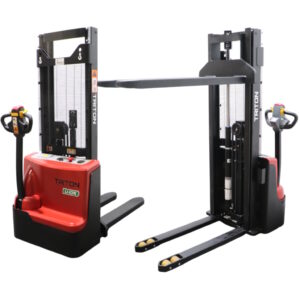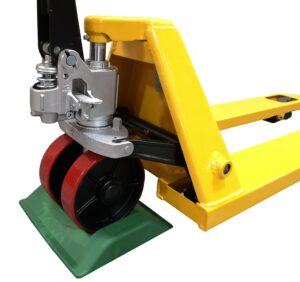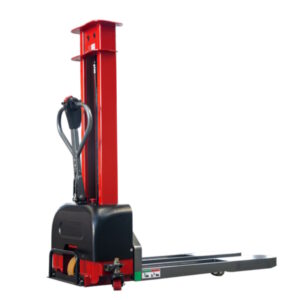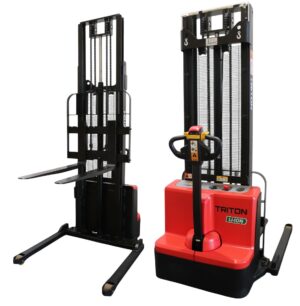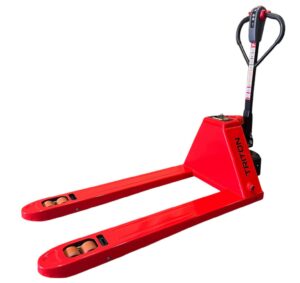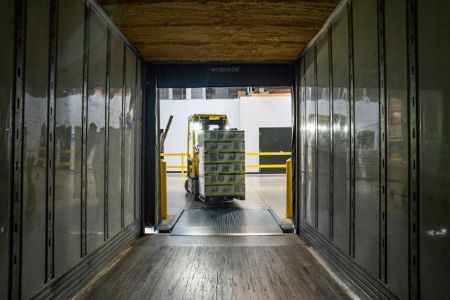How long are you willing to wait for an order to be delivered? For a growing number of people, the answer is “less than a day”, as e-commerce growth and same-day delivery expectations reshape retail supply chains.
The rise of online shopping has accelerated in recent years, with the convenience of rapid delivery becoming a standard expectation rather than a luxury. This has placed enormous pressure on retail warehouses to move stock faster, streamline operations, and always maintain peak efficiency. Behind the scenes, reliable manual handling equipment is an essential element in supporting this transformation, ensuring goods can move smoothly through fulfilment centres and into the hands of customers without delay.
Phil Chesworth, Managing Director at Midland Pallet Trucks, explained, “Consumer behaviour has changed dramatically, and retailers are under pressure to deliver at a speed and scale that would have been unthinkable a decade ago. Warehouses are the beating heart of this process, and they can only perform at their best if they have dependable, high-quality equipment to keep goods flowing.”
Industry reports suggest that more than 80% of UK shoppers now expect fast or next-day delivery options, pushing retail supply chains to adapt with greater resilience and flexibility. For many warehouses, this means not only scaling up capacity but also focusing on equipment that can handle the pace without causing unnecessary downtime or increasing the risk of accidents.
Midland Pallet Trucks has long been a trusted partner for businesses preparing to meet seasonal peaks and the ongoing surge in e-commerce demand. With a vast selection of pallet trucks, stacker trucks and lift tables, the company’s solutions are designed to keep operations running efficiently in an increasingly competitive marketplace.
Chesworth added, “The retail landscape is changing at an unprecedented pace, and warehouses need to keep up. By investing in reliable manual handling solutions, businesses can strengthen their supply chains, protect their workforce, and deliver the level of service customers now expect as standard. It’s about giving firms the confidence that when demand spikes, their warehouse won’t let them down.”


